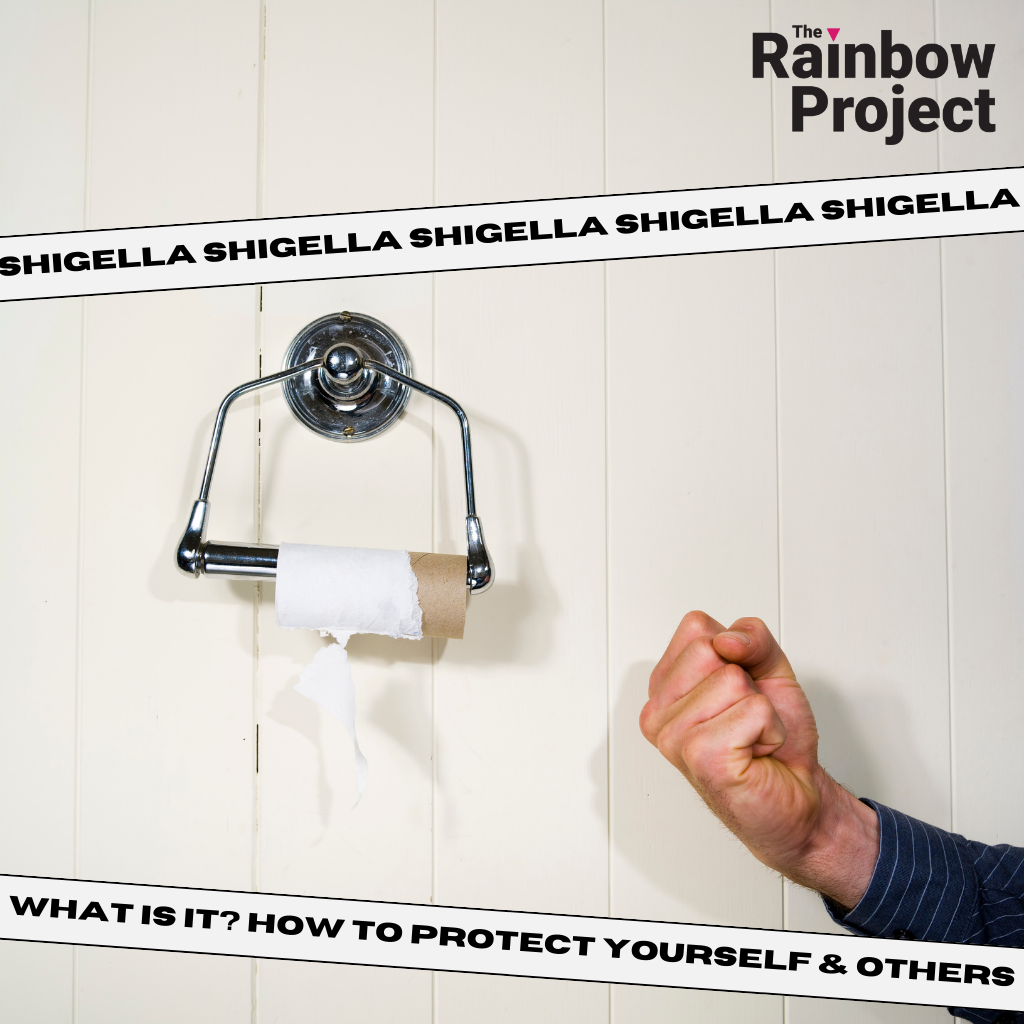
What is Shigella?
Shigella is an infection of the intestines that causes diarrhoea
containing blood or mucus. You could have a fever, painful
stomach cramps, nausea or vomiting. It is spread by
even the smallest amount of contaminated faeces (poo) getting into your mouth.
It is a type of dysentery – Shigella is the most common dysentery in the UK.
Symptoms of Shigella?
- Diarrhoea (containing blood or mucus)
- Painful stomach cramps
- Feeling nausea or vomittting
- A high temperature
How to avoid passing Shigella onto others
- Wash your hands thoroughly with soap and water after going to the toilet
- Wait until it’s been at least 48 hours since you last experienced symptoms to:
- Go to work or school
- Go swimming
- Prepare food for others
- Have sexual contact
- Wash all dirty clothes, bedding and towels on the hottest cycle of your washing machine.
- Clean toilet seats, toilet bowls, flush handles, taps and sinks with detergent and hot water after use, followed by a household disinfectant.
Reduce your risk of contracting Shigella
- Wash your hands with soap and water after using the toilet and regularly throughout the day.
- Wash your hands before handling, cooking, or eating food.
- Shower before and after sex.
- Wash your hands, penis/vagina and bum before and after sex.
- Use condoms (even with sex toys) fingercots, dentals dams or latex gloves if you’re having sex particularly anal sex, fingering, fisting or rimming. You can order condoms here or request dental dams here
- Wash sex toys thoroughly after use.
- Avoid sharing towels
- Wash the laundry of a person with shigella on the hottest setting possible
How to look after yourself if you've got Shigella
- Visit the GP or GUM clinic if your symptoms are severe or do not improve within a few days.
- Drink plenty of fluids to keep you hydrated.
- Take painkillers to relieve pain and fever.
- Avoid anti-diarrhoea medicines because they can make things worse.



